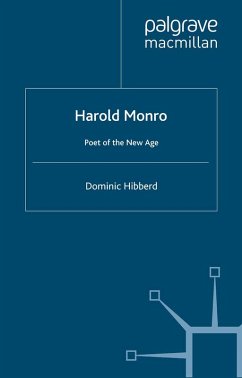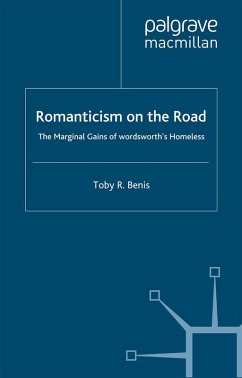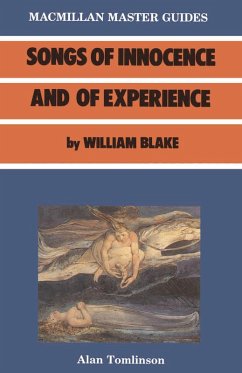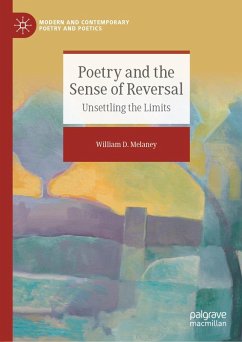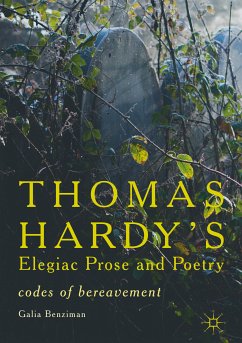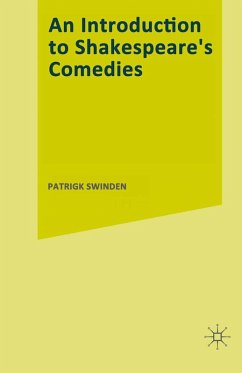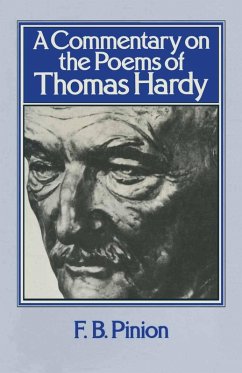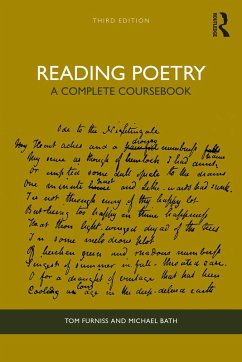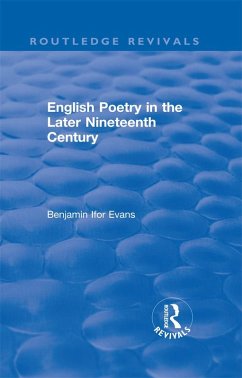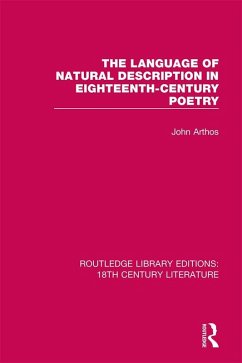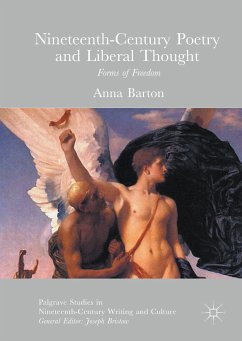
Nineteenth-Century Poetry and Liberal Thought (eBook, PDF)
Forms of Freedom
Versandkostenfrei!
Sofort per Download lieferbar
72,95 €
inkl. MwSt.
Weitere Ausgaben:

PAYBACK Punkte
36 °P sammeln!
Studies the relationship between nineteenth-century poetry and liberal philosophy. Discusses nineteenth-century poets as readers of philosophy and explore the peculiar capacity of poetry to act as a medium for liberal thought and expression Offers an original and significant contribution to the field of nineteenth-century studies in its in-depth study of liberalism's forming influence on a range of poets from the Romantic period to the last decades of the century
Dieser Download kann aus rechtlichen Gründen nur mit Rechnungsadresse in A, B, BG, CY, CZ, D, DK, EW, E, FIN, F, GR, HR, H, IRL, I, LT, L, LR, M, NL, PL, P, R, S, SLO, SK ausgeliefert werden.



